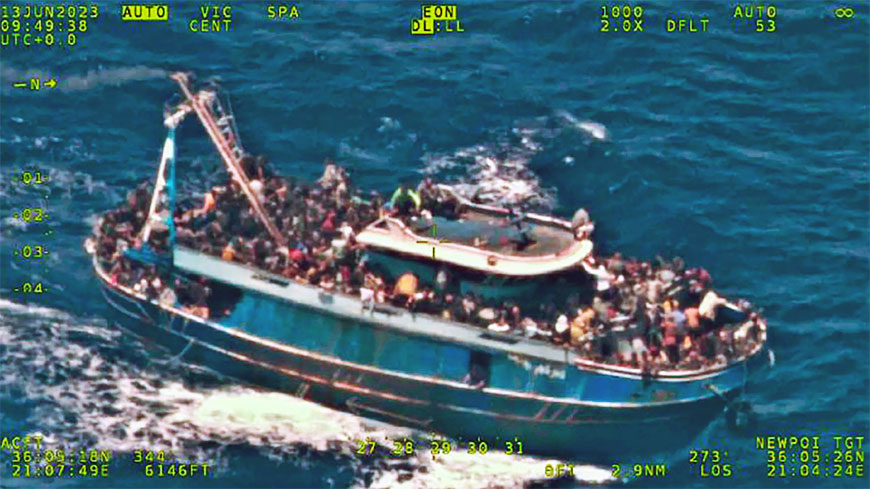I welcome the opening by the Greek Ombudsman institution, in its capacity as National Mechanism for the Investigation of Arbitrary Incidents by members of the security forces, of an independent investigation into the acts and potential omissions of members of the Greek Coast Guard in relation to the shipwreck off Pylos on 14 June this year which resulted in the deaths of more than 80 persons, with many hundreds still missing. I note with regret that the Greek Coast Guard has decided not to carry out an internal disciplinary investigation into the operations conducted at the scene by its members and I call on them, as well as on all relevant institutions and stakeholders to fully co-operate with the Greek Ombudsman institution’s investigation.
As I stressed in my letter addressed to the Prime Minister of Greece on 19 July, it is of paramount importance to conduct independent and effective investigations capable of shedding light on the circumstances of the event and leading to the establishment of the facts and, where appropriate, the punishment of those responsible. The initiative taken today by the Greek Ombudsman institution is a very important contribution to this effort.
However, this does not absolve the state from fulfilling its responsibility of ensuring that effective investigations are conducted. I noted in a reply dated 26 July by the Minister of Migration and Asylum, that the Naval Court Prosecutor has been instructed by the Supreme Court Prosecutor to investigate the conduct of the Coast Guard. I understand that the same Naval Court Prosecutor is also dealing with the criminal complaint filed by 40 survivors of the shipwreck, while the prosecutor of Kalamata has pressed charges of smuggling against nine other survivors. These criminal investigations led in parallel are also important in this context and should be conducted in compliance with the requirements set out by the European Court of Human Rights, including in its judgment delivered on 7 July 2022 in the case of Safi and others v. Greece.



